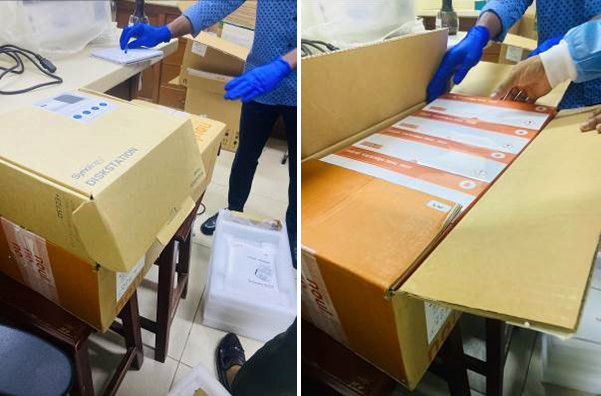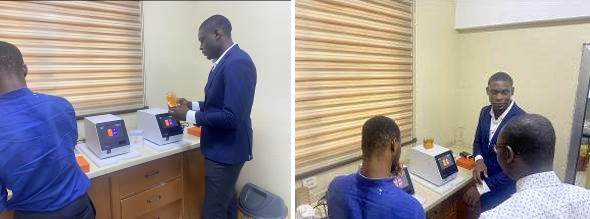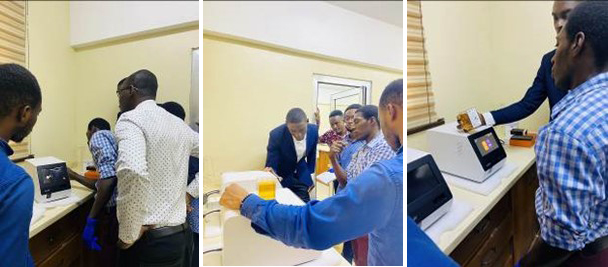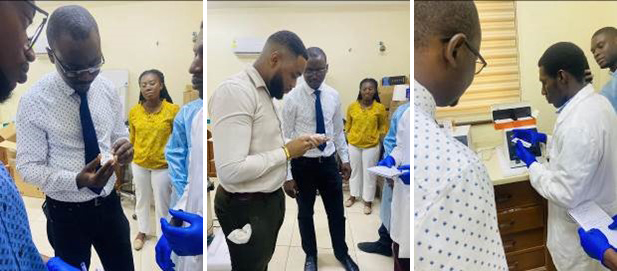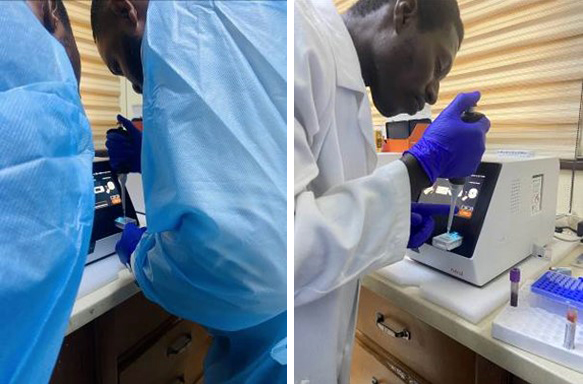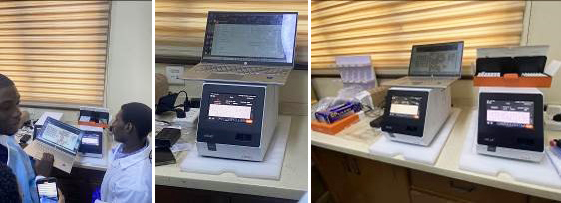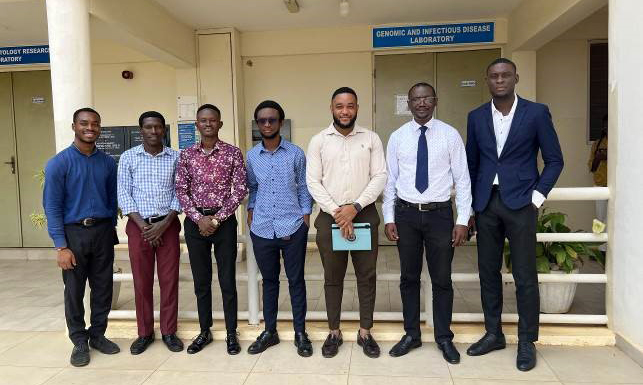
Malaria remains a significant public health challenge in resource-limited settings, including countries like Ghana. Despite notable progress in recent years, malaria continues to pose a substantial burden on healthcare systems and communities, with devastating consequences for individuals and economies alike.
One of the primary challenges in combating malaria in resource-limited settings is the lack of access to accurate and timely diagnosis. Traditional methods such as microscopy and rapid diagnostic tests (RDTs) are commonly used but may not always be available or reliable due to issues such as inadequate infrastructure, limited skilled personnel, and high turnaround time. This leads to delays in diagnosis and treatment, allowing the disease to progress and cause severe illness or death.
In areas where diagnostic capabilities are limited, healthcare providers often resort to presumptive treatment based on clinical symptoms alone. While this approach may sometimes be necessary, it can result in overuse of antimalarial medications, contributing to drug resistance and compromising the effectiveness of treatment regimens.
As such, CfHSS collaborated with miLab Noul for the successful installation of the Malaria (MAL) MilabTM MAL diagnostic AI assisted device at the Genomics and Infectious Disease Laboratory (GIDL) – Kwame Nkrumah University of Science and Technology (KNUST), Kumasi, Ghana. Developed by the esteemed Noul Company in South Korea, MilabTM MAL represents a breakthrough in malaria diagnosis, particularly in resource-limited settings where access to infrastructure and skilled professionals is challenging.
The installation, which took place on Tuesday, 12 March 2024, witnessed the participation of esteemed individuals including Dr. Michael Owusu, Executive Director of CfHSS, Mr. Richard Larbi, Head Laboratory Scientist at GIDL-KNUST, and Mr. Reuben Ocheja, Product Specialist from miLab Nigeria, serving as a Noul representative.
Key activities during the installation included the unboxing of the MilabTM MAL device, its seamless installation, and a comprehensive two-hour training session for laboratory scientists and other stakeholders. The training, conducted by experienced DCL trainers Mr. Reuben Ocheja and Mr. Selorm Sepenu, covered various aspects of the device’s usage, including sample preparation, specimen introduction, device operation, and report generation.
Following the successful execution of all processes without interruption, we are excited about the potential impact of MilabTM MAL in enhancing malaria diagnosis at GIDL-KNUST.
Stay tuned for further updates as we continue our mission to combat malaria through cutting-edge technology and collaborative efforts.
